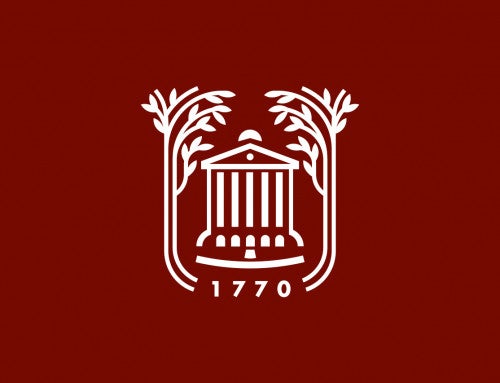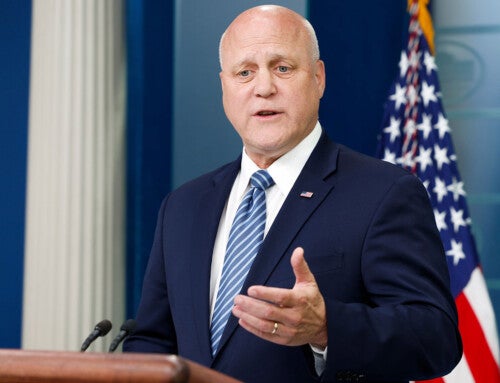The Bully Pulpit Series at the College of Charleston will host a conversation with Democratic presidential candidate Rep. Tulsi Gabbard (Hawaii). Gabbard will meet with faculty, staff, students and the community as part of the College of Charleston’s “Bully Pulpit Series” on Friday, Oct. 4, 2019.
The event will take place in the Stern Student Center, room 205, located at 71 George St. from 4:30‐5:30 p.m. Doors open at 4 p.m. This event is free to attend and open to the public. RSVP through Gabbard’s campaign website. RSVP is for headcount only. This is not a ticketed event.
Gabbard was elected to the Hawaii House of Representatives representing the 42nd District in 2002 at the age of 21. She was simultaneously the youngest legislator ever elected in Hawaii and youngest woman ever elected to a U.S. state legislature. In 2003 she enlisted in the Hawaii Army National Guard. While campaigning for re-election in 2004, she was deployed to Iraq. When she returned from her deployment, Gabbard served as a legislative aide to U.S. Sen. Daniel Akaka (Hawaii). In 2007 she graduated from the Accelerated Officer Candidate School at the Alabama Military Academy, where she was the first woman to finish as the distinguished honor graduate in the Academy’s 50-year history. From 2008 to 2009 she was deployed in Kuwait and today she continues to serve as a major in the Hawaii Army National Guard. She graduated from Hawaii Pacific University with her bachelor’s degree in 2009. In 2010, Gabbard was elected as councilwoman on the Honolulu City Council. In 2012, she was elected to the U.S. House of Representatives, serving Hawaii’s 2nd District. She won re-election in 2014, 2016 and 2018. Gabbard, along with Sen. Tammy Duckworth (Illinois), is the first female combat veteran to be elected to Congress.
As an effort of the College of Charleston Department of Communication and Department of Political Science, the Bully Pulpit Series gives young voters the opportunity to become involved in the political process as well as the issues that affect their communities. Originally created in 2008 to highlight the communication powers of the political pulpit, the mission of the series has expanded as a result of increased student and community interest and engagement.




